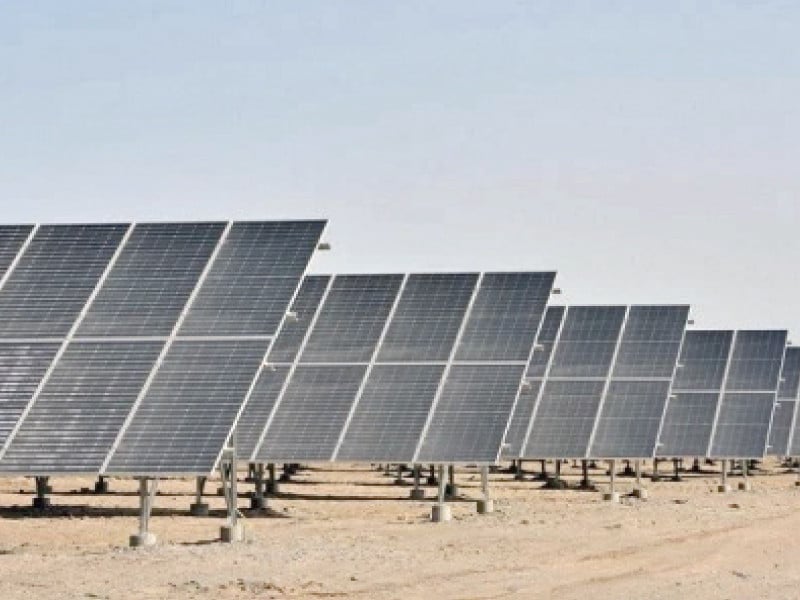Solar Net Metering Pakistan: New Policy Sparks Debate
The new net metering policy in Pakistan has sparked a debate about the future of the solar industry, with critics arguing that it could slow the adoption of rooftop solar and undermine the country's clean energy revolution. However, proponents claim that the revised policy will promote more efficient resource utilization and a steadier grid, and that the numbers still make sense for those who can optimize self-consumption.

Pakistan's solar industry is facing uncertainty following recent changes to the net metering policy, which aims to control rising grid electricity costs, with the government lowering the buyback rate for solar net metering to Rs10 per unit and implementing net billing for new consumers.
The new policy has sparked criticism from industry leaders, who argue it could negatively impact consumers and the solar sector. The Pakistan Solar Association has expressed concerns over the new regulations, particularly their impact on residential and small-to-medium enterprises (SMEs), warning that the new approach could reduce grid demand and drive up electricity prices for remaining consumers. Despite the concerns, the regulator is recalibrating incentives to match market realities, and the shift is not an attack on solar, but an adjustment to market realities.
The policy shift is part of a global trend of policy evolution to ensure price equity as rooftop solar scales. Pakistan's energy landscape is in turmoil due to the government's decision to slash the net metering buyback rate from Rs27 to Rs10 per unit. The move aims to shield grid users from soaring costs, but critics argue it undermines the country's clean energy revolution and penalizes solar adopters. Solar capacity has increased rapidly, from 321MW in 2021 to over 4,124MW in 2024, while the number of net metering consumers has jumped from 226,440 to 283,000.
Critics argue that the policy may slow the diffusion of renewable energy technologies, stifling growth in related sectors such as battery storage and energy management systems. However, proponents claim that the revised policy will compel consumers to optimize for self-consumption, leading to more efficient resource utilization and a steadier, more reliable grid. A comprehensive overhaul of the power sector is necessary to address the systemic inefficiencies and promote sustainable development, energy equity, and economic efficiency.
The government must adopt a holistic strategy to revise tariff structures, enhance regulatory oversight, and promote a diversified renewable energy mix to address the short-term fiscal imbalances and long-term sustainability challenges facing Pakistan's energy landscape. By doing so, Pakistan can ensure a sustainable and efficient energy future, while also promoting the growth of the solar industry and reducing the country's reliance on fossil fuels.